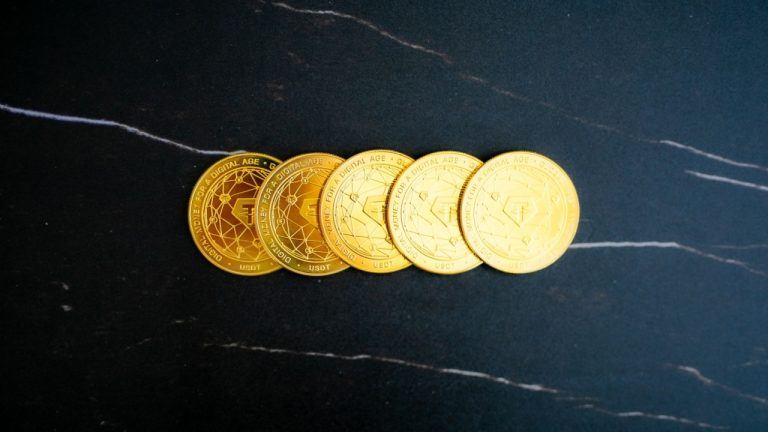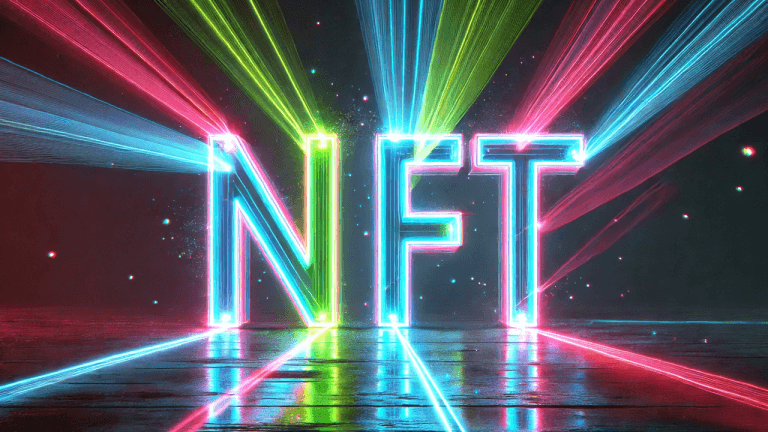Business Insider has put out an explainer of Proof of Work and Proof of Stake that is predictably terrible and misleading. I'm going to address points in order from most egregious to least egregious.
Proof of stake revolves around a process known as staking. This is a bit like voting
Proof of stake is not at all like voting. This is a really horrible analogy. Proof of stake is more like rolling dice, where those with more coins get to roll the dice more times, while proof of work is more like actually mining the earth. Its really not acceptable for a journalist to get it wrong this badly. Please do not think proof of stake is anything like voting. In voting, people choose their preferences. No one is actively deciding who they prefer to mine blocks. Its an absurdly misleading characterization.
PoS can .. have greater transaction throughput (speed) and capacity," says Hileman.
Hileman is completely wrong here. Pretty sad to see the head of research at blockchain.com get this one so wrong. The choice of consensus protocol does not affect transaction throughput or "capacity" ("capacity" as far as I can tell is not different from throughput in this context). What affects transaction throughput is the size of your transaction data and the limits placed on the blocks that hold that data. You can increase the size of your blocks to increase throughput, but as a result you inherently increase the computing resources required to participate in the network. The larger your blocks, the fewer people will be able to participate, which is one kind of centralization pressure a blockchain can create for itself. Fundamentally, distributed consensus is limited by the speed of light and physical size of the network. There are many ways to increase throughput of a blockchain like Bitcoin's, but they all boil down to reducing the data per transaction or making it more acceptable to increase the amount of data allowed in a block.
A key disadvantage is that in some systems, you are only selecting validators that have the most money. This means that proof of stake is likely to be significantly less democratic in many cases than Bitcoin," says Mulligan.
Another worthless "expert" opinion to go along with Hileman's. First of all, Bitcoin is not "democratic". Perhaps she means decentralized. Even if she did, she's wrong. You are not "only" selecting validators that have the most money. All validators (usually known as "minters" in the industry) have a chance to mint a block. Just like Bitcoin blocks are mined mostly by those with those with larger mining operations, proof of stake blocks are minted mostly by those with those minting with more coins. Again, this is not a difference between PoW and PoS. Blocks are awarded proportionally to how much a miner/minter invests in the block creation protocol. Those with more coins are not unfairly favored disproportionately to the amount of coins they put to work. One can talk about economies of scale in bitcoin mining, but proof of stake has no such economies of scale that favor larger operations.
proof of stake can tend toward centralization. This is because, in certain proof-of-stake cryptocurrencies, there isn't really any limit on how much crypto a single validator could stake.
This is a widely circulated myth. Just like there is no limit on how much hashpower anyone can obtain (up to 100% of it), there is no limit on how much currency a single validator could obtain and use to mint (up to again, 100% of it). This aspect is not very different between PoW and PoS. These aren't even centralization pressures. This concept just means that there aren't explicit disincentives to centralize.
However, there are fundamental differences with regards to centralization pressure. Because Proof of Work requires performing real work, this introduces market forces that reward the most cost-efficient miners in the world. As with all markets, this will lead to falling margins until the margins reach 0 (considering opportunity cost). While this won't necessarily mean proof of work mining will eventually centralize into a central company, it does mean that only the most efficient companies will survive, and this pressure will inevitably force consolidation of the industry eventually, perhaps into hundreds of mining operations around the world.
Proof of stake doesn't have any kind of centralization pressure like that. There is no way to mint "more efficiently" in a properly designed proof of stake currency. If there were, it would indeed be a huge problem (as an aside, Peercoin's use of coin age means you can mint more efficiently, which is a massive design flaw in its system).
Proof of work is more secure than proof of stake, but it's slower and consumes more energy.
This is controversial, but it is false, in my studied opinion. The Bitcoin blockchain is certainly the most secure blockchain, but does this mean proof of work is the most secure consensus protocol? No it doesn't. To explain why, its important to understand what security is and critically, how to quantify it. The security of a consensus protocol is the difficulty of attacking it, which can be measured using the cost of executing a successful attack. The critical piece of this security is that both Proof of Work and Proof of Stake have securities that are proportional to the total value of the currency. The more a currency is worth in total, the more value there is in the system to secure it.
Bitcoin is by far the most valuable cryptocurrency, and so its no surprise that its also the most secure. But if Bitcoin used the right proof of stake consensus protocol (that managed to successfully avoid the many pitfalls of Proof of Stake protocol design), it could be potentially one to two orders of magnitude more secure. This is because Proof of Work fundamentally must expend resources to provide security. Because of this, only a small fraction of the value of the currency can be put towards the security of the system. For Bitcoin, less than 2% of the value of the currency is put towards securing the system. Luckily for Bitcoin, 2% of the currency is billions of dollars worth of bitcoin.
A proof of stake system, by contrast, does not expend anything to secure the system. Because of this, such a system could theoretically put a full 100% of the currency towards securing the coin. Most PoS systems don't get anywhere near 100% of the coins securing the chain, but most get significantly more than Bitcoin does. This is the primary fundamental reason that a properly designed proof of stake system should be more secure than bitcoin, when the size/value of the currency is corrected for.
Proof of stake requires participants to put cryptocurrency as collateral for the opportunity to successfully approve transactions.
Many proof of stake currencies do require "staking", which is locking up collateral in order to be able to mine. However, not all do. Some simply do not disincentivize minting on multiple chains (like Peercoin), which is a short sighted design flaw. Some PoS systems are Delegated Proof of Stake, which in principle might require locking up collateral, but might instead opt for punishing bad actors by loss of reputation (like seems to be the philosophy of BitShares), which indirectly leads to loss of revenue, rather than direct loss of coins. Other currencies, like my own Validated Proof of Stake might not use locked in stake, but may still have mechanisms to punish certain negative behaviors or outcomes.
What is fundamentally required in proof of stake is that amount of coins determines your likelihood to mint a block. Staking nor punishment is required for a system to fall into the category of "proof of stake", however punishing those who mint on chains that aren't the longest chain seems like a prudent design choice, and staking does facilitate that.
Gives an economic incentive to approve valid blocks
This is a real head scratcher. This shouldn't be listed as a "pro" of Proof of Stake. This is just as true for Proof of Work.
the approach hasn't really been proven on the scale that proof-of-work platforms have.
One of the few statements in this article that's actually correct. Bitcoin has proven Proof of Work on scale no other coin has seen. That is indisputable. While Proof of Stake has not been proven to be at the same caliber as Bitcoin yet, this may happen in the future.
Has a much smaller environmental impact
We all know this is true. I don't need to comment on this.
Perhaps someday we'll advance as a society to the point where major publications wouldn't let their name be put on lazy bad quality articles like this one.
Note: no idea how I got onto this sub, I inteded to put this on r/cryptocurrency. Feel free to delete this post if its off topic.
[link] [comments]

You can get bonuses upto $100 FREE BONUS when you:
💰 Install these recommended apps:
💲 SocialGood - 100% Crypto Back on Everyday Shopping
💲 xPortal - The DeFi For The Next Billion
💲 CryptoTab Browser - Lightweight, fast, and ready to mine!
💰 Register on these recommended exchanges:
🟡 Binance🟡 Bitfinex🟡 Bitmart🟡 Bittrex🟡 Bitget
🟡 CoinEx🟡 Crypto.com🟡 Gate.io🟡 Huobi🟡 Kucoin.




















Comments